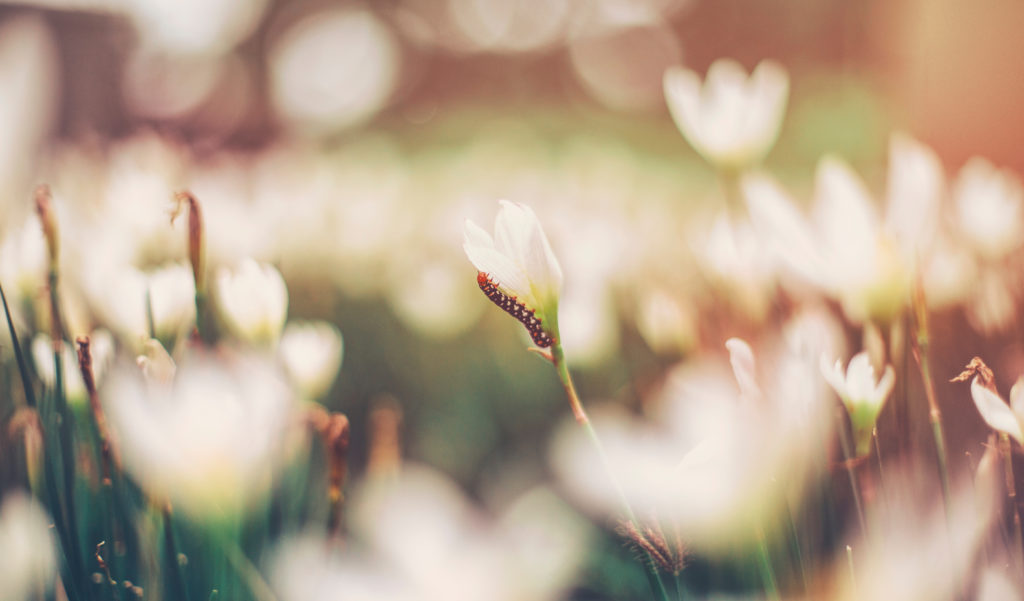Take a look around you. I will wager that within 10 feet, you see at least 20, maybe 50, items made of plastic … and I’d like to wager a bit more and say that that estimate was extremely low.
We live in a world filled with plastic and it’s nearly impossible to avoid using plastic products on a daily basis. Let’s face it, plastic makes our lives super easy. Don’t want to strain your neck when drinking—add a plastic straw. Don’t feel like letting your hair air dry—pick up your plastic hairdryer. Don’t feel like walking—jump in your car made of 50% plastic. I could go on people … for days.
We hear the dreaded ‘climate change’ debate day after day. And regardless of what political side you sway to, we all know that the world is changing, populations are growing, and resources are limited. Oh and litter, did I forget to mention that there is a crap ton of plastic litter nestled into every crevice of this blue and green planet? How on earth are we supposed to dispose of a substance that takes nearly 400 years to degrade?
Ah well, take a deep breath and relax because we’ve got caterpillars. Yes, you heard that right—caterpillars. Don’t believe me? Yeah I don’t believe myself either, but science seems to think he’s right on this one so I’ll let him take it from here.
Thanks to a simple mistake made by Federica Bertocchini, an amateur beekeeper, Bertocchini discovered that wax worms (also referred to as catepillars) do a phenomenal job at eating plastic. In the past, bacteria was found to help breakdown plastic, but that method clearly doesn’t work too well. Check out these stats: bacteria biodegrades plastic at a rate of about 0.13mg per day. On the flip side, 100 wax worms degrade around 184mg per day. Wow.
Don’t worry, we aren’t on the verge of flying planes overhead and dropping millions of caterpillars on clumps of litter and plastic. Science needs to take his time and figure this one out … Or maybe you should. Got any great startup ideas that would benefit from using caterpillars to solve the plastic crisis? Tweet @StarterNoise.

Katherine is a newbie to Denver. She recently completed her Masters in Peace and Justice Studies at the University of San Diego. When she isn’t trying to save the world, Katherine is all about trying any and all delicious foods, hitting up the beach but not actually swimming (deathly afraid of sharks), and taking as many hikes as humanly possible.


